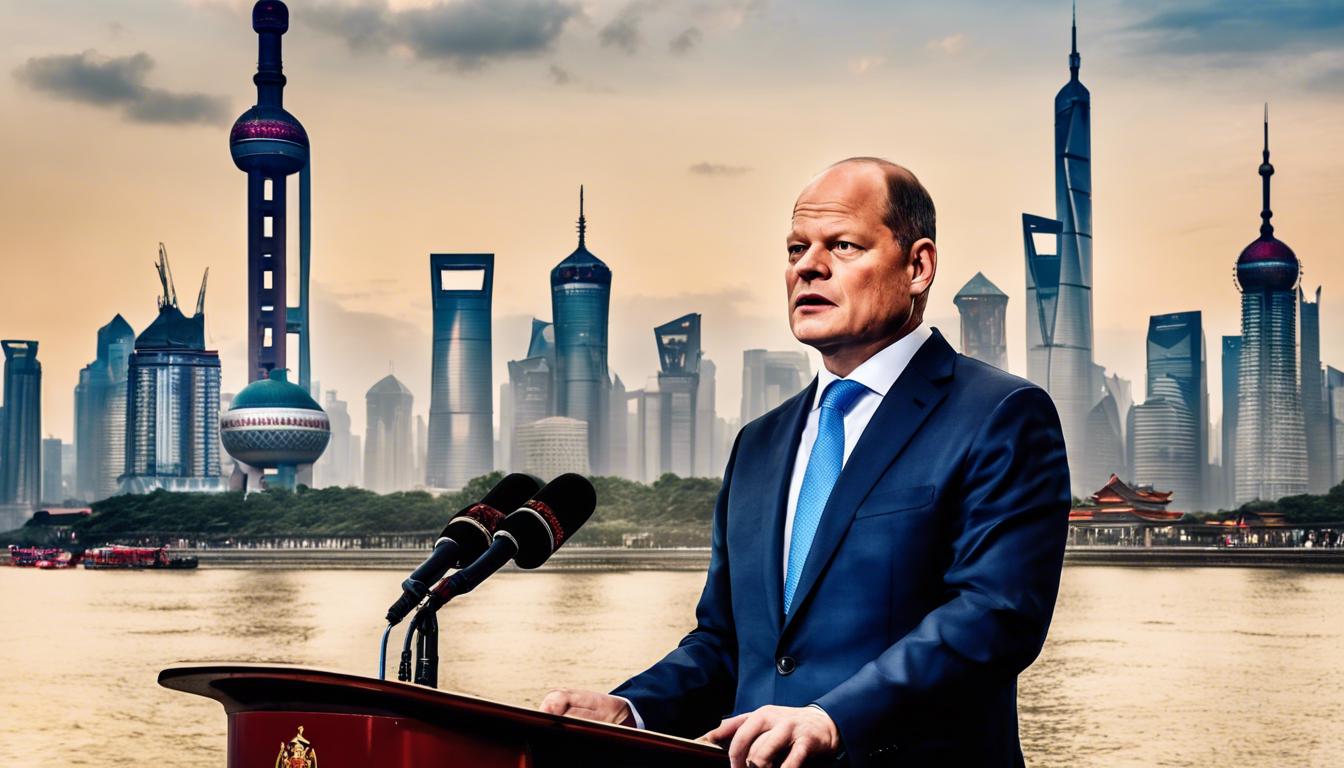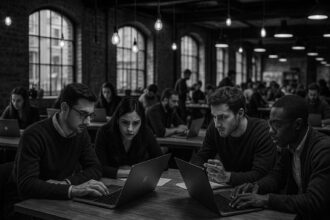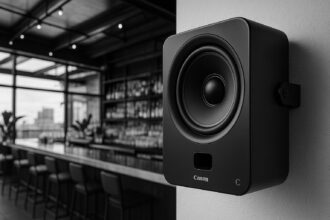German Chancellor Olaf Scholz stresses the importance of fair competition and addresses trade disputes during his critical diplomatic trip to China, amidst EU tariff discussions and regional geopolitical issues.
German Chancellor Olaf Scholz recently emphasized the importance of fair competition in trade during his visit to China, expressing concerns over practices such as dumping and overproduction. During a speech in Shanghai, Scholz highlighted the need for equality in international trade dealings. His visit, including meetings with top officials in Beijing, arrives amidst EU discussions of potential tariffs on Chinese electric vehicles and geopolitical tensions concerning China’s stance on Russia and Taiwan. China remains Germany’s leading trade partner, and this trip, Scholz’s second as Chancellor, focuses on addressing both trade disputes and broader geopolitical issues.
In a related context, Chinese top official Zhao Leji reaffirmed China’s longstanding ties with North Korea during a high-level visit to Pyongyang, where he met with North Korean leader Kim Jong-un. This interaction underscored the enduring alliance between the two nations, dating back 75 years, amidst North Korea’s recent missile tests targeting the US and South Korea. Zhao’s visit, the first involving a Chinese politburo standing committee member since the Covid-19 pandemic began, signals a strengthening of bilateral relations and commitment to collaboration across various sectors.
Meanwhile, Siemens CFO Ralf Thomas expressed in an interview that German companies, including giants like Volkswagen and BASF, will remain significantly reliant on China for the foreseeable future. Despite concerns over this dependency and the associated risks, Thomas noted the complexities of disentangling from long-established global value chains. Chancellor Scholz’s visit to China also served to reinforce Germany’s intentions to bolster trade relations while managing risks wisely, acknowledging both the challenges and the integral role of China in Germany’s economic framework.













